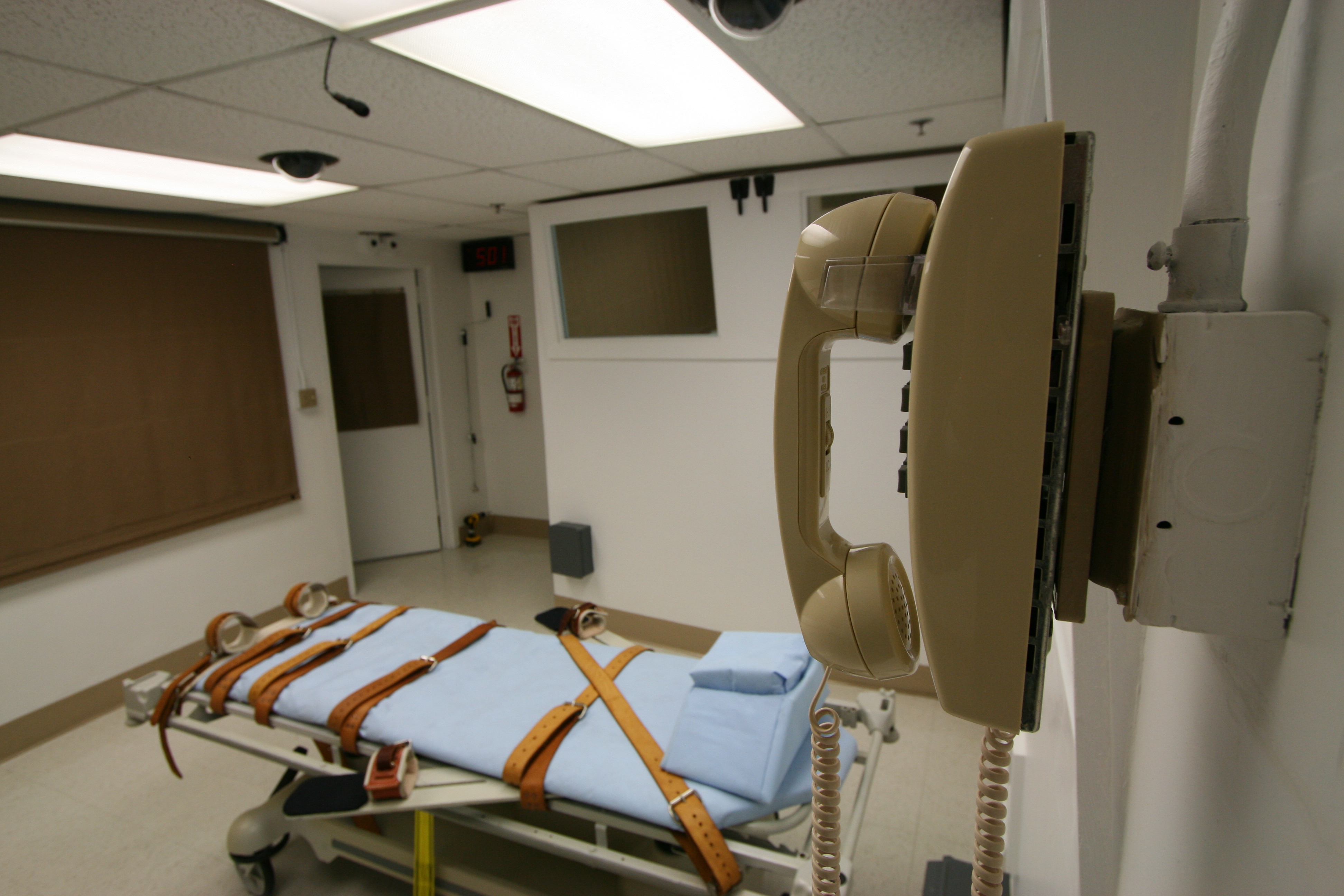New death penalty ruling perpetuates injustice

On Jan. 23 the Florida Supreme Court ruled that a death sentence can be carried out without a unanimous ruling by the jury. This ruling makes the death penalty more likely to take place.
Florida has executed 44 individuals since 1976, but death sentences have only required a unanimous jury ruling since 2016.
That year, the U.S. Supreme Court overturned a sentencing statute passed by the Florida Legislature that would make capital punishment contingent on the judge alone, which violated the defendant’s right to a jury. In the process, they outlawed sentencing the death penalty on a split jury.
Even by the standards of the 30 states that currently have capital punishment, this new ruling puts Florida in the most extreme of states in terms of harsh death penalty laws. The only other state that can condemn a person to die with a split jury is Alabama.
The lone dissenting vote on the court came from Justice Jorge Labarga, who wrote in his opinion that he opposed the decision “in the strongest possible terms.” Labarga went on to say that this ruling would make Florida “an outlier.”
This ruling alone does not change the law when it comes to unanimous consent of a jury, but it allows the Legislature to amend the existing sentencing laws.
If the state Legislature does decide to implement harsher standards they will be advocating for a known ineffective and often unfairly implemented deterrent.
The Death Penalty Information Center (DPIC) analyzed 30 years of execution data to see if states with the death penalty had fewer crimes. They found that while states in the South account for 80 percent of the U.S.’s executions, they still have some of the country’s highest murder rates.
The death penalty is also on occassion applied to individuals who are later found innocent. An average of 3.5 death row convicts are exonerated every year. It is irresponsible to continue a practice that leads to the death of innocent people.
In addition, the death penalty is costly. According to the DPIC, Florida spends $51 million more per year than they otherwise would if they sentenced all people convicted of first-degree murder to life in prison without parole. This is due to the immense cost of the appeals process.
As a result, for every execution that takes place, the taxpayer spends an average of $24 million.
There is a growing list of reasons why the death penalty is damaging and ineffective. The Florida Supreme Court’s decision could make this harmful practice even more common.
Jared Sellick is a senior studying political science.







